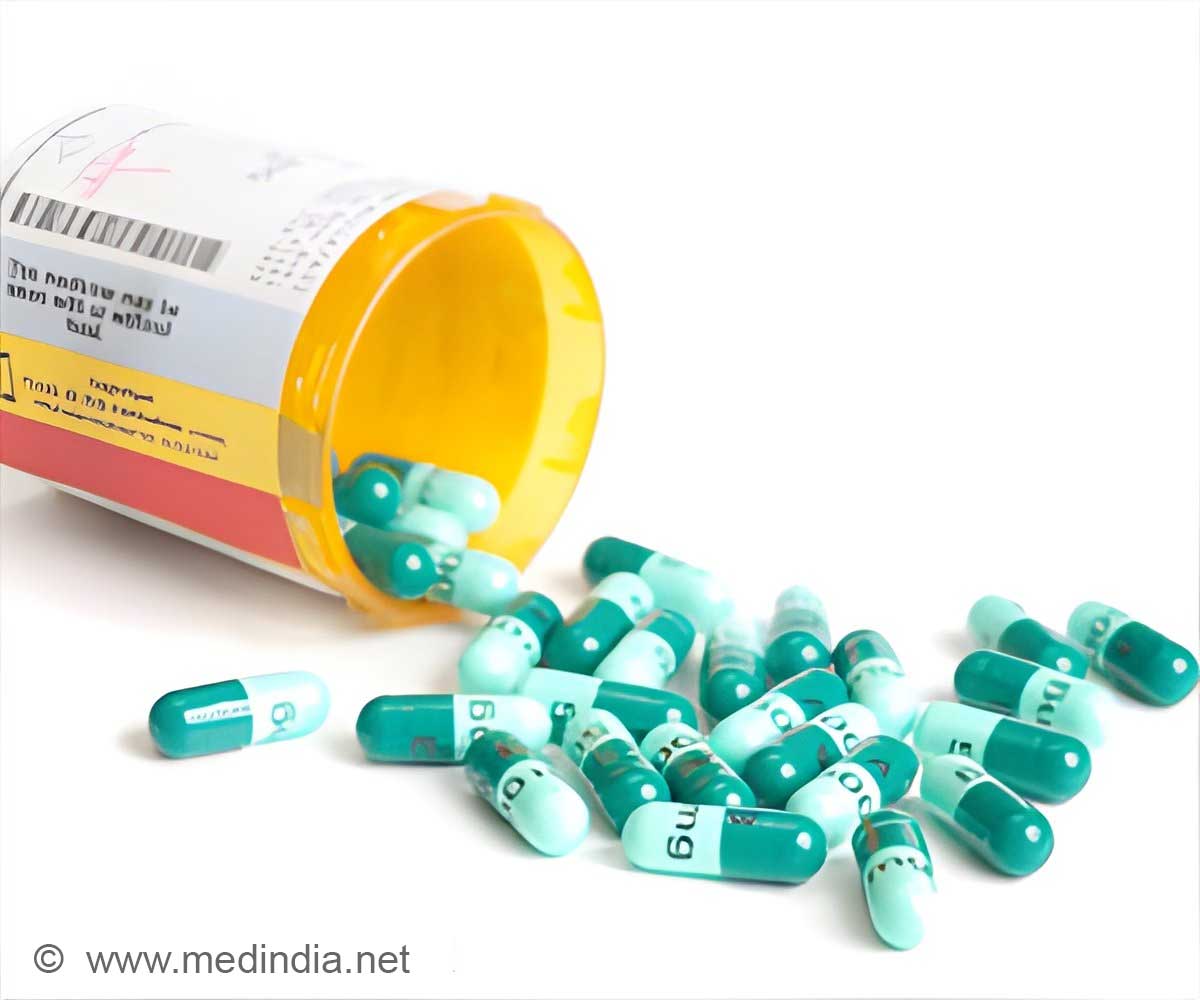New insights reveal how anti-obesity drugs may contribute to food waste by reducing appetite, leading to uneaten food and increased disposal.

Changes in Food Waste among a Sample of U.S. Consumers after Beginning Anti-Obesity Medication
Go to source) Scientists at The Ohio State University see this study of consumer behavior as an initial effort to consider the effects of these increasingly popular anti-obesity drugs on food production and waste nationally and globally.
‘A surprising link between #weightlossdrugs and #foodwaste? Certain medications may affect our #eating habits, leading to increased food waste. ’





“This was a pilot study to start looking at implications of these medications and get in the ballpark of understanding which broad categories of food are more or less preferred after starting the medication,” said senior author Brian Roe, professor in the Department of Agricultural, Environmental and Development Economics at The Ohio State University. “The fact that food waste appears to decrease as patients acclimate to the medication suggests there may be a fairly simple remedy – advising patients new to these medications about the possibility of discarding food as their diets change, which could reduce food waste and lower their spending.”
The research was published recently in the journal Nutrients.
The Shocking Scale of Food Waste in the US
About one-third of food in the United States is wasted, and about half of that is attributable to consumers who waste an average of 1 pound of food per person per day, according to National Academies estimates.As of spring of this year, 6% of U.S. adults reported taking GLP-1 agonists, which treat type 2 diabetes and obesity by acting on a hormone in the small intestine to lower blood sugar, slow emptying of the stomach and signal fullness to the brain. In the study, almost 70% of respondents were taking semaglutide (Ozempic, Rybelsus, Wegovy) and nearly a quarter were taking terzepatide (Mounjaro).
The researchers surveyed 505 U.S. adults currently on anti-obesity medications through an online questionnaire focused on sociodemographic factors, personal characteristics, and questions concerning changes in eating habits, weight and food waste since starting on the medications. The data analysis looked for various influences on how much participants agreed with one key statement: “Since beginning this medication I have found I waste more of the food that I purchase.”
Advertisement
The one-fourth of participants who had been on the drugs for a year or longer were less likely to report wasting food than people who had taken the medication for 90 days or fewer – about 30% of the respondents.
“Meat is neutral in terms of eating more or less after starting this medication,” Roe said.
The addition of vegetables to the diet – the most commonly wasted food group in the United States – was linked to a lower likelihood of wasting food, another sign of changing habits that, in this case, involved eating more veggie-dense meals.
Roe is planning another paper examining changes to household finances linked to taking anti-obesity medicines – in terms of both pharmacy and food costs. Given the steady rise in GLP-1 agonist prescribing, there are broad local and global economic and environmental impacts at play, he said.
“People taking these medications in all likelihood will be spending less on food, but whether there is a chance to offset the cost of the drug through reduction in food spending remains to be seen,” he said.
Other research labs have used simulations to show that reducing population-level food consumption can lower energy costs, preserve land and water resources, and reduce greenhouse gas creation by keeping discarded food out of landfills. But considering how relatively new anti-obesity medications are, there isn’t enough data to make predictions about the extent of their societal effects just yet.
“I think it’s clear that novel anti-obesity medications have a chance to impact global public health, and research suggests changes in intake of food can affect indicators of environmental impacts,” Roe said. “There are lots of compelling questions as we think about sustainability of the food system and health care.”
Reference:
- Changes in Food Waste among a Sample of U.S. Consumers after Beginning Anti-Obesity Medication - (https://www.mdpi.com/2072-6643/16/19/3274)















